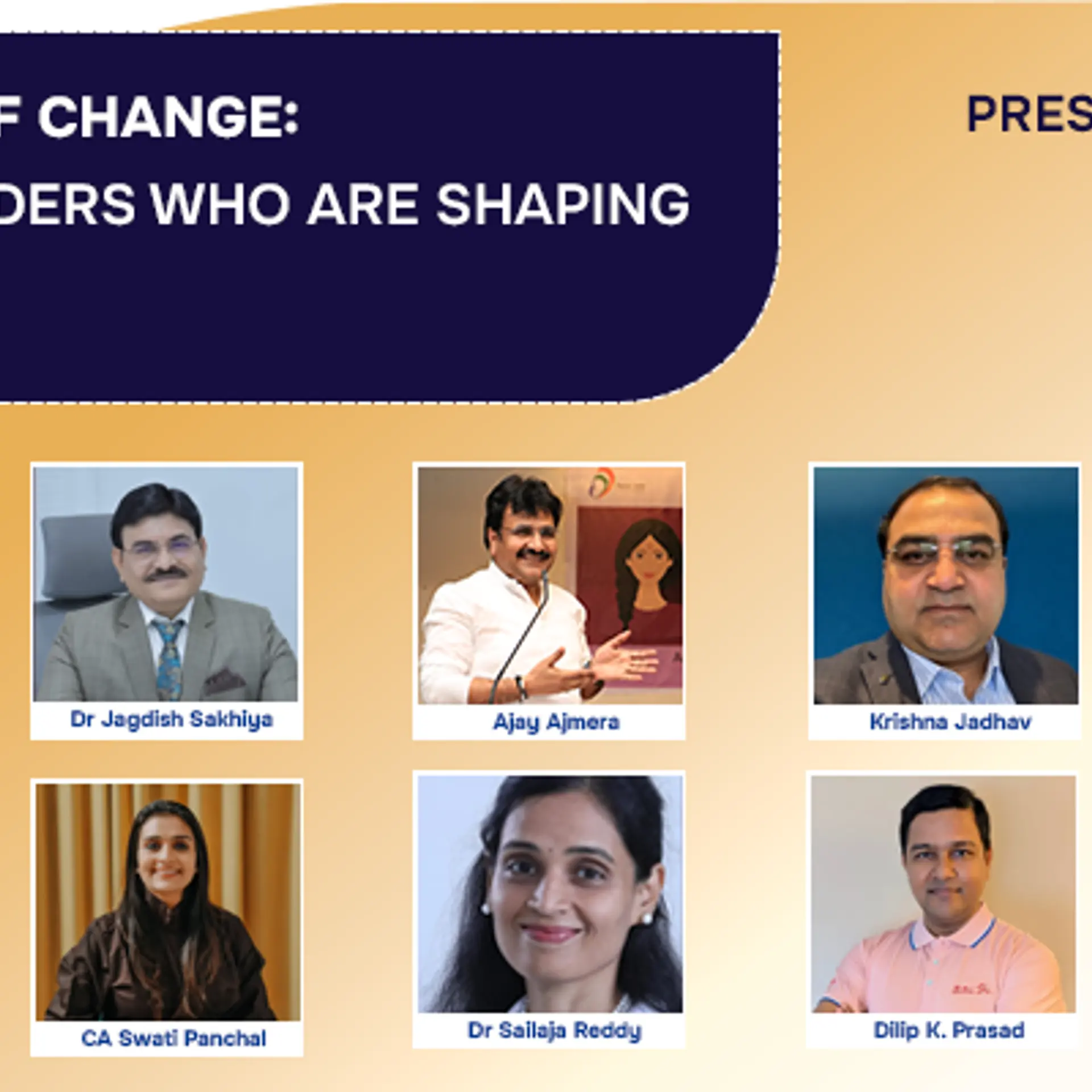InMobi Co-founder Piyush Shah on building India’s first unicorn
In this episode of the Prime Venture Partners Podcast, Piyush Shah, Co-founder of InMobi and President & COO of Glance, gives us an insider’s glimpse of building India’s first unicorn.
Piyush Shah was only 19 when he started his first startup in the education sector and received recognition from Business World Magazine as one of India’s Innovative Youth Entrepreneurs. With an MBA from the Indian School of Business (ISB), he went on to work at Citigroup and Deutsche Bank.
But having experienced the thrill of building a business early on, Piyush yearned to do something on his own. And that’s what prompted him to join Naveen Tiwari, Abhay Singhal, Amit Gupta, and Mohit Saxena to build a cutting-edge product and tech company out of India.
As a co-founder, Piyush has donned several hats at –from Chief Product Officer and Director to GM and Vice President.
“The real thing that I would like to describe ourselves as, is a bunch of very passionate people who feel strongly about tech and product and people, and then how we can create a world-class company that can be in the likes of Google and Facebook out of India,” says Piyush.
InMobi: Many firsts for India
InMobi is best known as India’s first unicorn. The mobile adtech company became a unicorn within a few years of being founded. But what most people don’t know is that InMobi is also India’s first profitable unicorn and continues to be profitable to date. And when InMobi raised $200 million from SoftBank in 2011, it became the first startup to do so in the country.
Today, InMobi and its subsidiaries like Glance continue to give global pioneers like Google and Meta a run for their money. The company has expanded its market share across the globe, from North America to China, Japan, and Korea.
The biggest contributor to InMobi’s success is the founders’ audacious ambitions to build an Indian product and tech company at par with global standards. The company has never hesitated to dream big and tread into uncharted territories.
Then, there’s the belief that they have what it takes to compete with bigger companies like Amazon, Google, and Meta.
“I mean, it doesn't matter whether it's Silicon Valley or Bellandur in Bangalore. For us, Bellandur was a headquarters, it was our Menlo Park, our Mountain View, and the ability for our folks to feel that more at the deepest level of, I would say belief, was very important,” remarks Piyush.
The third and equally important pillar of InMobi’s success is the sheer grit and perseverance of the founding team and employees. Talent and passion can drive you to start something. But it’s perseverance and resilience that compel you to keep at it, even in the face of challenges.
“If you stay at something for long, if there is absolute perseverance and hunger and resilience in solving a problem for long, and struggle is there, it will result into greatness, it will result into what really matters,” adds Piyush.
Building a people-centric culture
In today’s competitive startup ecosystem, most companies struggle to establish the right moats for their business. At InMobi, the founding team realised early on that building a people-centric culture could be one of their most defensible moats. And that has been one of the biggest contributors to the company’s year-on-year growth.
When it comes to culture, InMobi has focused on building more than a transactional relationship with employees. Every employee has a sense of belonging to the company and gets plenty of opportunities to identify and harness their true potential. They’re treated like part of a larger family where they have ample room to fail, learn, and grow.
“And finally, and something which I think we have realized, all of us as founders, more lately, last two, three, four years, it is very important for us to enable our folks to go through this very important journey of self-awareness and self-confidence. It is not about another LinkedIn course or a Coursera skill module, I mean L&D for us, learning and development is not about these functional transactional skills anymore,” says Piyush.
You can listen to the full episode here
Timestamps
06:00 - InMobi’s Story of Survival and Scale
20:00 - How to Evaluate Persistence & Grit
27:30 - 100 People Who Operate Like Co-Founders
30:45 - Building a Pro Sports Team & a Family
36:00 - Why Intent > Capability
Edited by Megha Reddy







